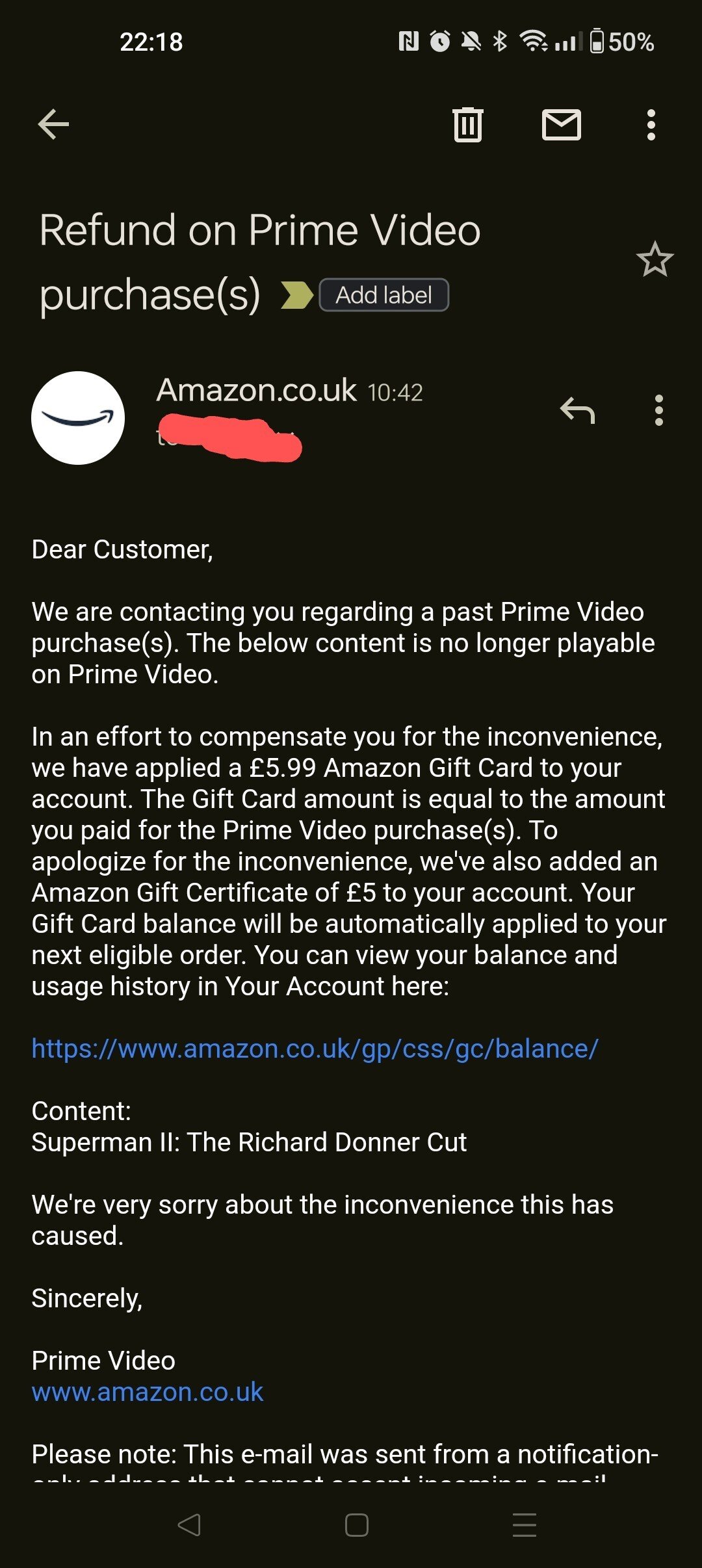this post was submitted on 03 Oct 2023
1834 points (97.7% liked)
Technology
69041 readers
3437 users here now
This is a most excellent place for technology news and articles.
Our Rules
- Follow the lemmy.world rules.
- Only tech related news or articles.
- Be excellent to each other!
- Mod approved content bots can post up to 10 articles per day.
- Threads asking for personal tech support may be deleted.
- Politics threads may be removed.
- No memes allowed as posts, OK to post as comments.
- Only approved bots from the list below, this includes using AI responses and summaries. To ask if your bot can be added please contact a mod.
- Check for duplicates before posting, duplicates may be removed
- Accounts 7 days and younger will have their posts automatically removed.
Approved Bots
founded 2 years ago
MODERATORS
you are viewing a single comment's thread
view the rest of the comments
view the rest of the comments

Digital games are a bit different, since you're actually downloading the game files. Games can always be modded to remove DRM, or the systems they run on can be modded. See the 3DS as a good example of the latter.
The best equivalent is game streaming. You never have the game's data in your possession, and a game can be pulled off the platform at any time. Even then though, you're usually paying for the service, not individual games.
Not every game has been cracked, though, so you can't always remove the DRM.
My point, though, is more about what people want to buy. The games industry could've made digital games more resemble "real" ownership, where you could give the games to your kids, etc. Instead, we got games that aren't legally transferable at all, and we decided that piracy groups should be instrumental to preservation. It just feels ridiculous. Would this system actually be any consumer's top choice?